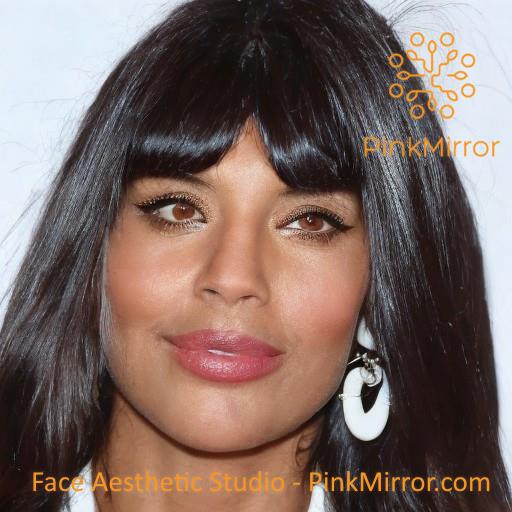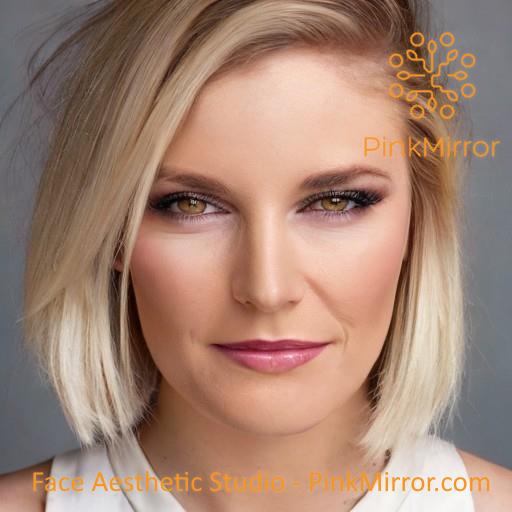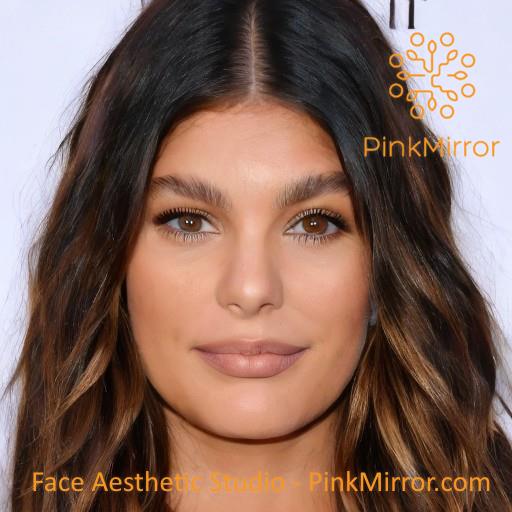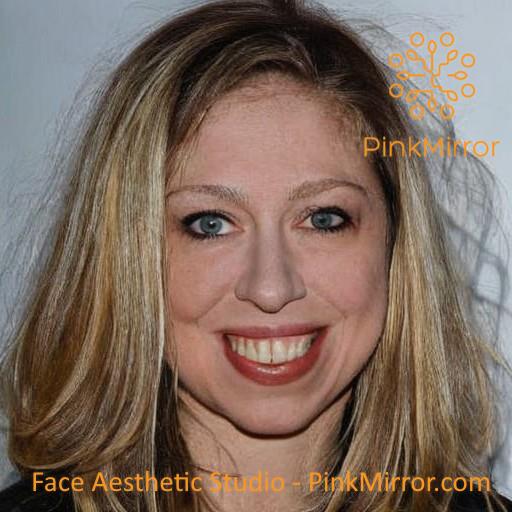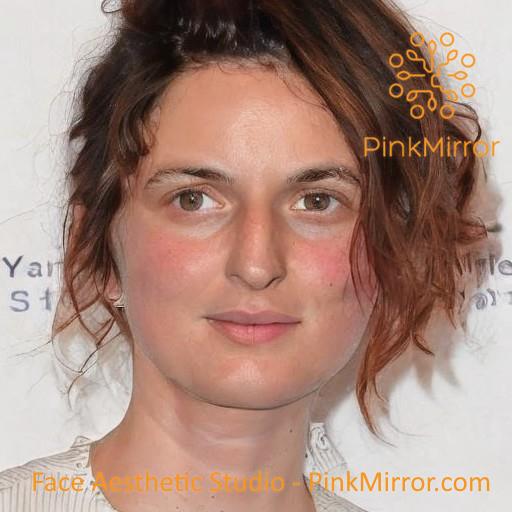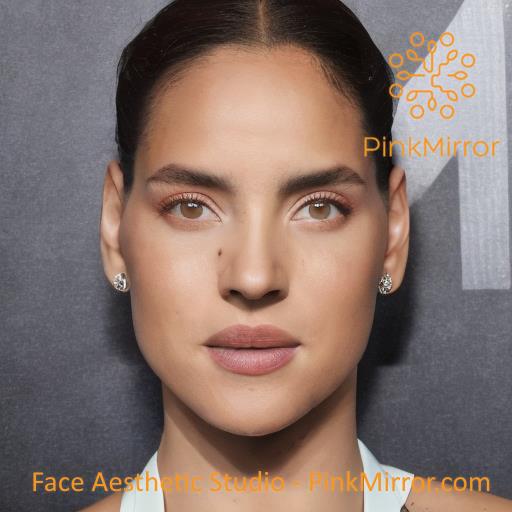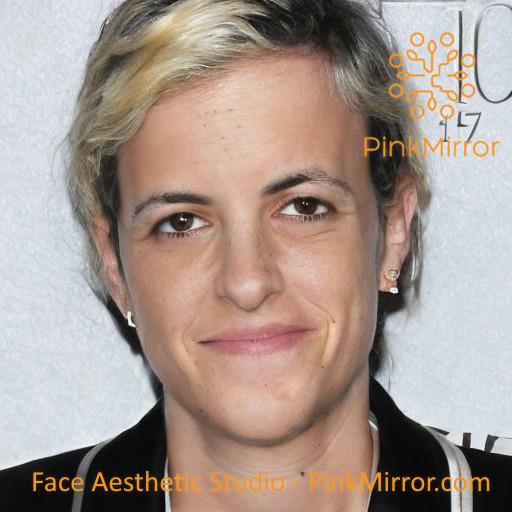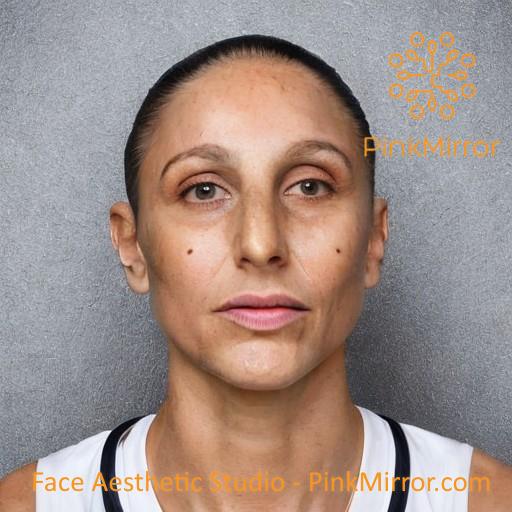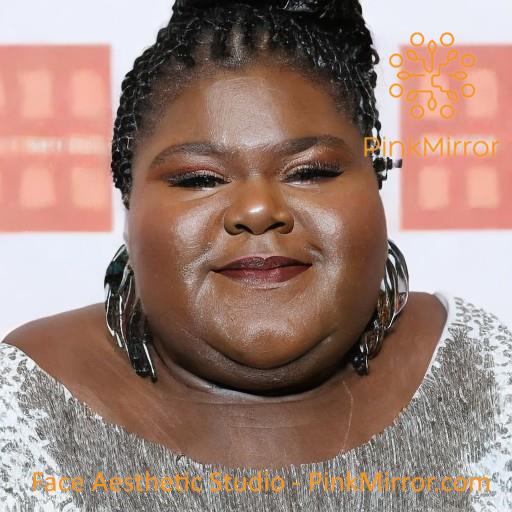Sonja Morgan - Facial Feature - Skin Pigmentation
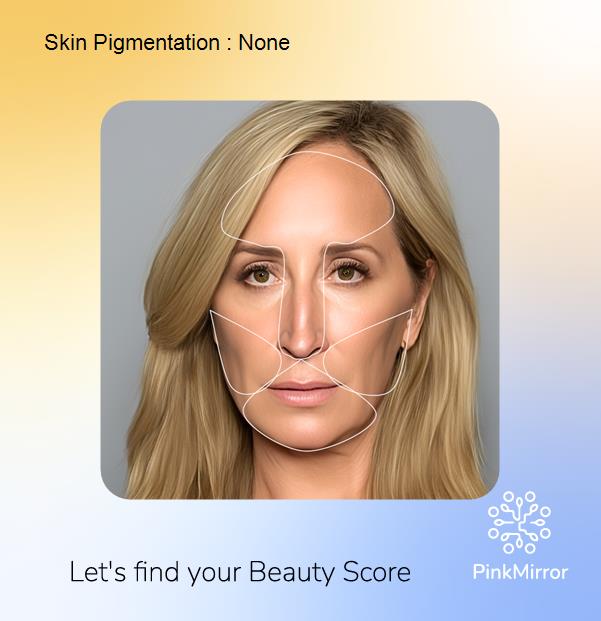
Your skin falls into the None pigmentation category, which is considered a high attractiveness among the four female skin pigmentation types. That’s often seen as very appealing by current standards. Here’s how each category is generally perceived: None – high attractiveness, Mild – low attractiveness, Moderate – low attractiveness, Severe – low attractiveness.
- Most Attractive
- Least Attractive
- Your Score
Spotless Beauty: The Appeal of Clear Skin in Women
Skin pigmentation is evaluated based on the uniformity and intensity of the color. Generally, the levels of pigmentation that manifest as spots or patches can vary in size:
No Visible Pigmentation: The skin exhibits a uniform tone with no discernible spots or patches. The complexion appears even throughout.
Mild Pigmentation: Minor discoloration is present, manifesting as faint spots or patches that are not readily noticeable.
Moderate Pigmentation: Discoloration becomes more pronounced with spots or patches that are more visible and cover a larger area of the skin.
Severe Pigmentation: There is a significant presence of dark, prominent spots or patches that are widely distributed across the skin.
For females, a non-pigmented skin (i.e., uniformity and intensity of skin color) is more attractive than a pigmented skin. The studies on skin appearance and attractiveness reveal key insights into how skin pigmentation affects attractiveness. Samson et al. (2010) found that clearer skin, which typically displays uniform pigmentation, is perceived as healthier and more attractive. Friedman (2005) discussed how aging affects skin elasticity and pigmentation, particularly through photoaging, supporting the idea that uniformly colored skin is more attractive due to its youthful appearance. Collectively, these studies underscore the significance of uniform skin pigmentation in enhancing perceived attractiveness and health. Furthermore, Van den Berghe and Frost (1986) discuss the evolutionary perspective, suggesting less pigmented skin may be part of a set of youthful traits favored in sexual selection, echoing Darwin’s views on the attractiveness of such traits.
Read the detailed study with exact scientific references
Choose a recommendation and track your weekly progress:
Cautionary Note: It's important to note that each individual's skin is unique and may respond differently to various treatments. Always conduct a patch test when trying new products or ingredients, and consider consulting a dermatologist before beginning any advanced treatments.


